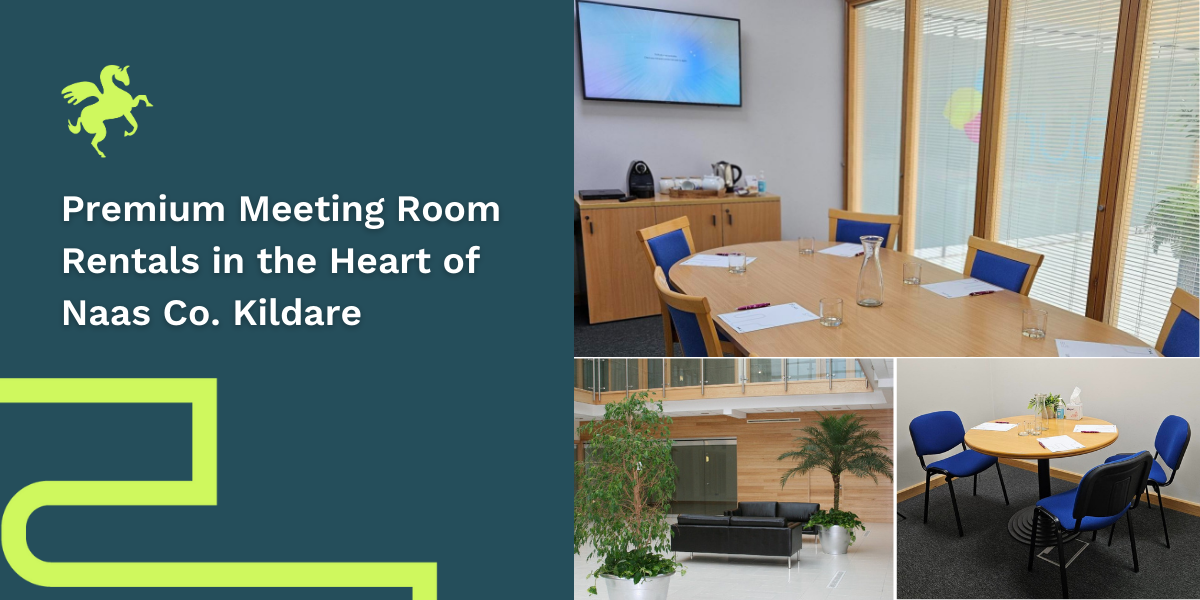
Hybrid and remote working require a shift from managing to leading
One of the things that drives employees crazy is a boss who micromanages them, yet it is still common practice from the C-suite down. Micromanagers parse their role in terms of two main functions, direction and control, and believe they add value by getting involved in everything.
Not so, says Frans Campher, CEO of Integral Leadership Dynamics, who has over 20 years’ experience in executive education, leadership development and as a business coach for senior blue-chip executives. In his view those who hang on to the direct and control model of people management are going to struggle to bring employees with them in a hybrid working environment.
Campher, who is also a visiting fellow and director of the executive education programme at Imperial College business school in London, says companies are only beginning to realise the scope of the challenges posed by hybrid working and that the consequences, good and bad, won’t really become apparent for another two years. In the meantime those that want to thrive will need to transform from organisations that manage people to organisations that lead them.
“What’s not going to work is managers who feel they have to control the heck out of everything, and who see hybrid as a loss of control,” he says.
“I actually find it scary that technology providers are saying we can build programmes so you can monitor your people. This completely misses the fundamental point that if you treat people as adults, they will show up as adults. If you set high expectations and ask for their input into those expectations, they will come to the party and give you discretionary effort.”
Side effect
Campher notes that one of the common side effects of climbing the corporate ladder is selective amnesia.
“Someone lands a promotion and suddenly thinks they have to control everything,” he says. “They forget that when they were being led, they appreciated their freedom and being seen and heard. They also appreciated knowing that their ideas mattered, as did the opportunity to grow and develop.
At its simplest leading is about being, whereas managing is about doing. The typical focus of managers is the nuts and bolts of daily tasks such as budgeting, planning and organising. By contrast, leaders deal more in strategy, developing the organisational culture and motivating and inspiring those around them to keep the show on the road.
However, the transition demands more than a change of job description. It’s about recognising that now more than ever companies need leadership and organisational agility that’s equal to the growing complexity of the business environment.
Types of leader
An agile leader is someone who can operate on more than one level. In Campher’s view, it demands the ability to operate on three and the skill to combine them. He describes these three levels as expert leader, achiever leader and catalytic leader.
“As an expert leader, I’m very good at command, control, directing, planning and organising. I have one-to-one relationships with the people I work with but I don’t create a cohesive team,” he says. “An achiever leader is one who starts to work through others and builds a team.
“An expert leader will look at the next two to three months and will deal with the urgent things in front of them. An achiever leader probably has a one year horizon, they use the team more effectively and have some organisational mission and purpose. The next level up is the catalytic leader, whose job is no longer to command and control in the short- term but to totally embrace the enterprise view of the business.”
The majority of leaders fall into the expert or achiever categories, with catalytic leaders, who know how to influence, work with stakeholders and lead change, much thinner on the ground. What Campher tries to do through coaching and executive education is help people lose their direct and control mentality and see the bigger picture.
He calls it filling the “expansion gap” and he doesn’t underestimate the shift in identity this requires, pointing out that when you ask someone who has spent their career micromanaging to stop doing so, they often panic because they don’t know what to do instead.
Catalyst
“It’s asking people to accept that they are no longer the expert driving their particular function, but someone who catalyses the whole culture of an organisation,” he says. “However, you often have leaders that don’t understand this third piece. It’s not that they only hang out there. Rather they have the range to be an expert, an achiever and a catalyst and can shift up and down depending on what’s required.”
To make it easier to understand the process of moving from managing to leading, Campher draws on the work of Benjamin Zander, orchestral conductor and author of the Art of Possibility.
“Zander has a TED talk on the transformative passion of music and he talks about leaders needing to make the shift from playing an instrument to becoming the conductor,” he says. “The job of the conductor is to create shiny eyes in the orchestra so that there are shiny eyes in the audience. That’s a wonderful metaphor to use for leaders too: I need to become a ‘conductor’ who creates shiny eyes in my people.”
(Source: The Irish Times)











